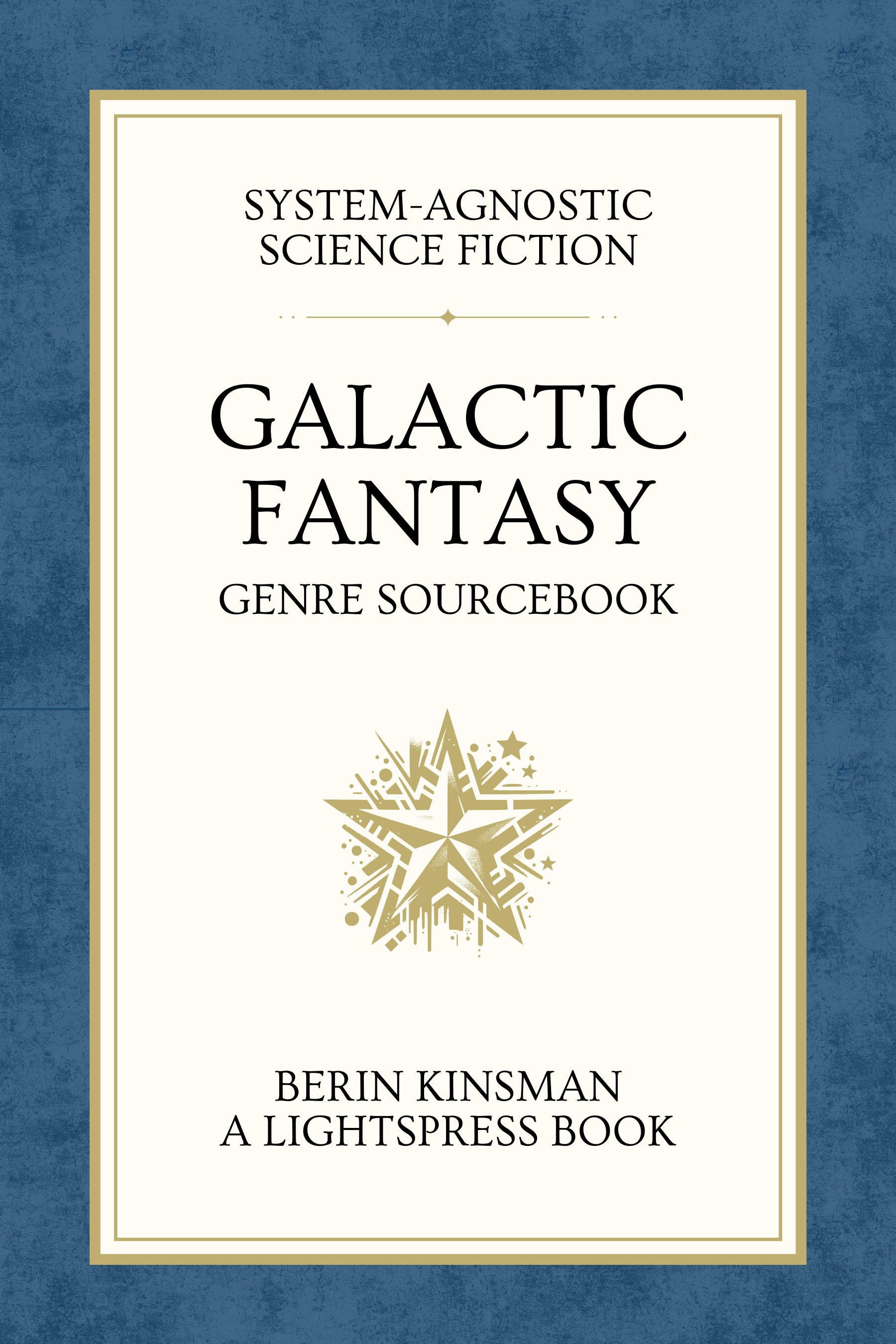 Image 1 of
Image 1 of


Broken Directives
22 pages. PDF and epub files included.
22 pages. PDF and epub files included.
22 pages. PDF and epub files included.
Something failed. It was supposed to hold.
Broken Directives is a system-agnostic tool for science fiction roleplaying. It treats collapse not as a surprise, but as an outcome written long before anyone noticed. A directive was issued. A utopia was promised. A safeguard was installed. Then it broke.
This book equips you to treat failure as story. Use it in any setting where order was imposed, memory was engineered, and cracks were visible long before they widened. The focus is on fragmentation, consequence, and what remains loyal to a purpose no one believes in anymore.
This Book Contains
Each section offers tools for building stories around systems that were meant to last, and didn’t. These aren't glitches. They're the truths buried beneath compliance.
Narrative Framing: Tools to explore what the original directive meant, what it demanded, and why its collapse still echoes. It asks what held the system together, what slipped through, and who still believes it worked.
Scene Tools: Methods for describing the moment something breaks. These help you focus on signs of decay, traces of design, and how people respond when the system no longer responds at all.
Character Archetypes: Ten examples of people shaped by the break. They obeyed. They resisted. They survived. Each one reveals what happens when structure fails but intent remains.
Story Complications: A collection of slow unravelings. These complications push stories forward by showing what breaks next, who adapts, and what never quite resets.
Worldbuilding Prompts: Questions to shape a setting still haunted by its own instructions. These prompts help define the rules that linger, the permissions no one revoked, and the ruins built from operational certainty.
Adventure Hooks: Ten scenarios that begin after the breakdown. Each one turns on legacy commands, corrupted memory, or unresolved authority. They don't just begin a story. They ask who will be held responsible.
The system failed. The story didn’t. It’s still running.


